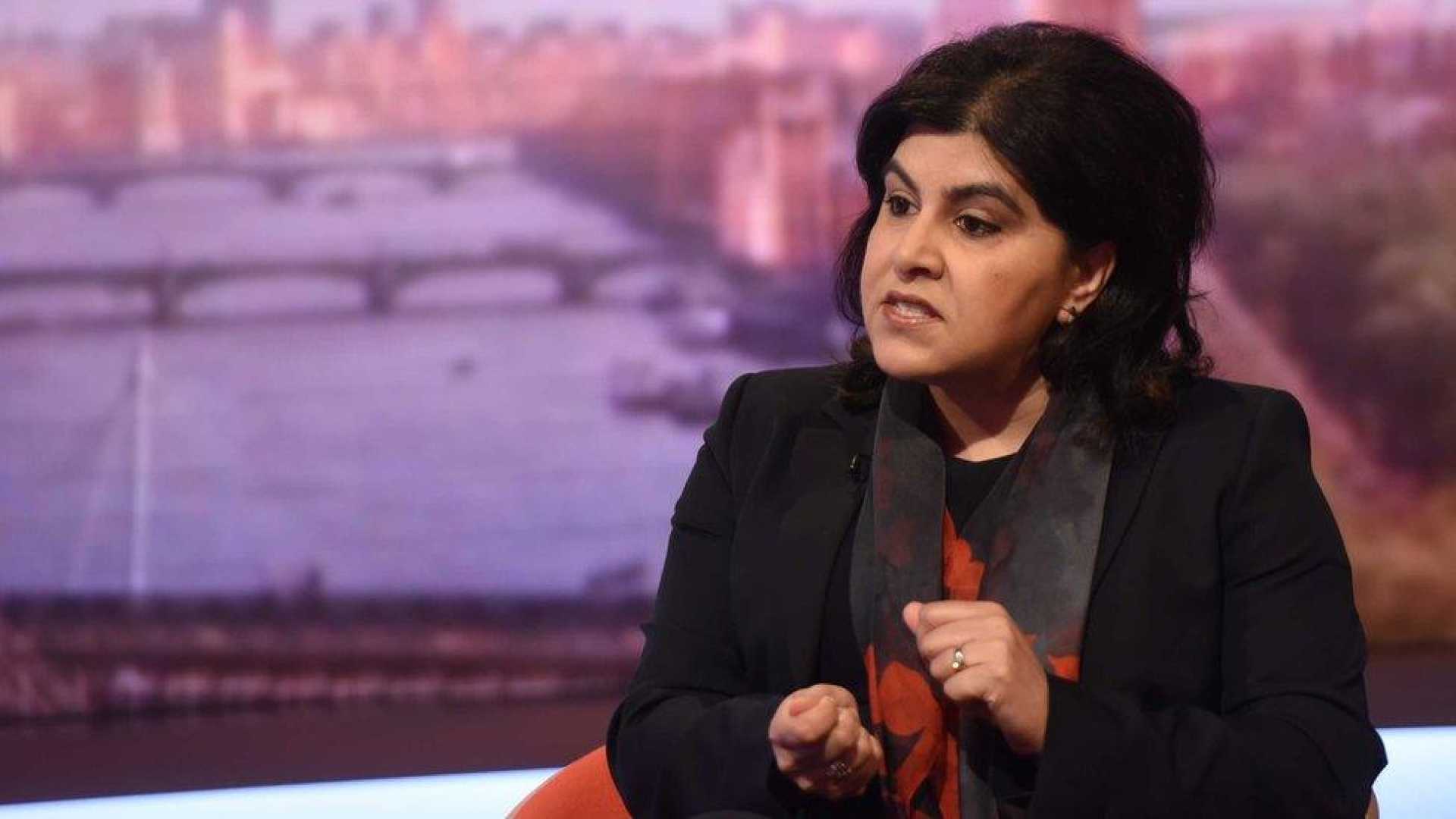Politics
Baroness Warsi Criticizes Conservative Party’s Handling of Islamophobia and Internal Politics

Baroness Sayeeda Warsi, a former chair of the Conservative Party and the first Muslim woman to sit in the UK cabinet, has publicly criticized the party’s handling of Islamophobia and questioned its future direction. Known for her efforts to champion racial and religious diversity, Warsi has voiced her concerns about the mainstream acceptance of views she considers extreme within the party.
In an interview with Cathy Newman, Warsi expressed disappointment that voices considered fringe during former Prime Minister David Cameron‘s leadership now represent mainstream views within the party. “The kind of voices which David Cameron described as loons, fruitcakes, and closet racists have now become mainstreamed,” Warsi remarked. She has distanced herself from the current party leadership, choosing to resign from her official positions and label herself as “done with apologizing.”
Warsi’s critique follows her resignation from the party whip earlier this year, which she described as a response to investigations regarding her own social media activity. Specifically, she was scrutinized for a picture she posted online drinking from a coconut, which referenced a racial controversy involving Marieha Hussain, who was cleared of related charges. Warsi defended her actions by highlighting the outcome of Hussain’s trial and noted the importance of transparency in such investigations.
Throughout the interview, Warsi emphasized the broader implications of internal party issues, pointing to inconsistencies in how racism is addressed. She specifically criticized fellow Conservatives like James Cleverly and Suella Braverman for not adequately confronting racist conduct, suggesting a need for a more unified and effective approach within the party to tackle racial issues.
Warsi also touched on the topic of international politics, specifically focusing on the Middle East. As a former foreign minister, she criticized the UK’s lack of strong implementation of its policies on Israel and Palestine. She linked ongoing violence in the region to the failures of successive British governments to enforce a two-state solution and other measures she deems crucial for peace.












